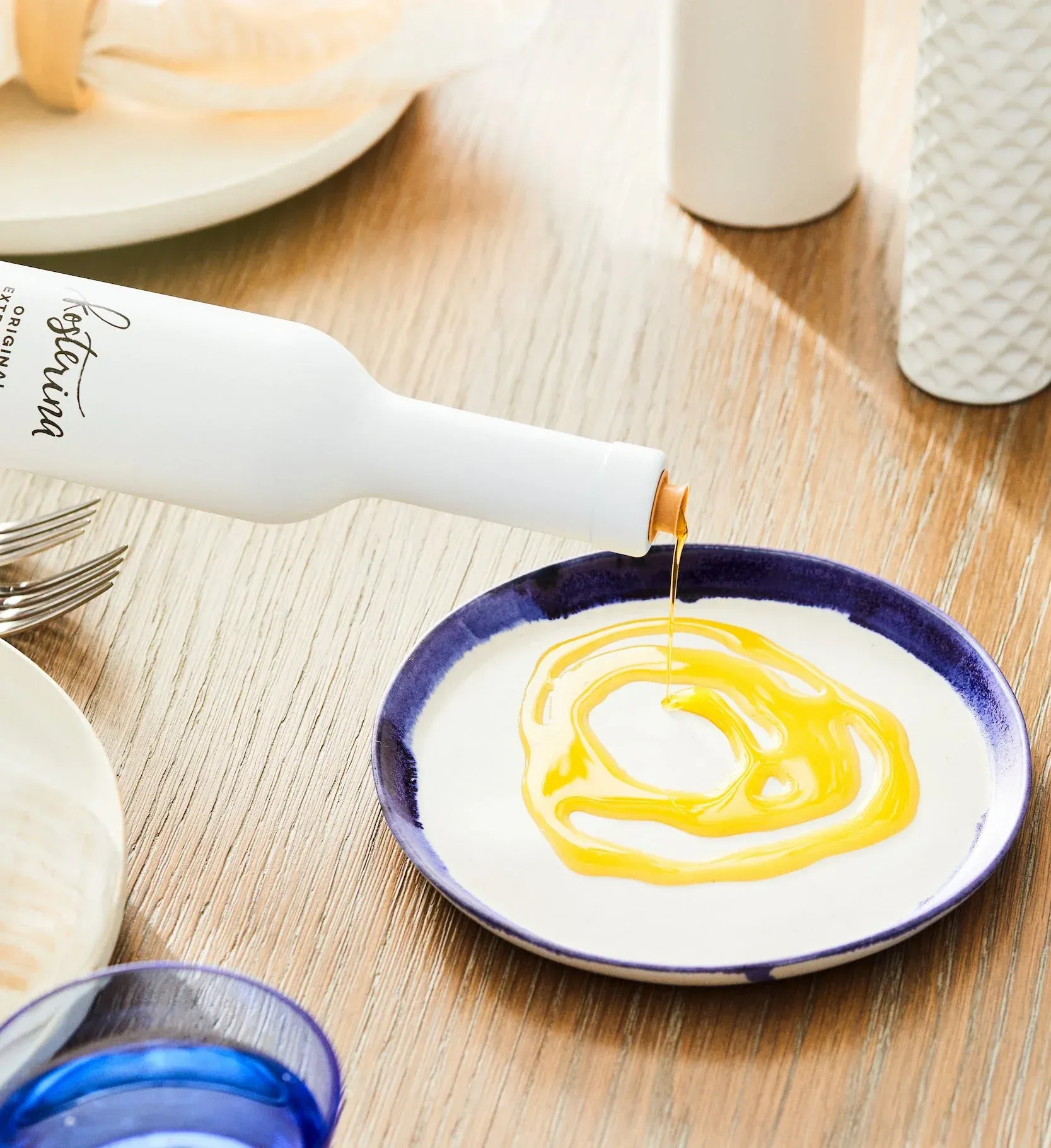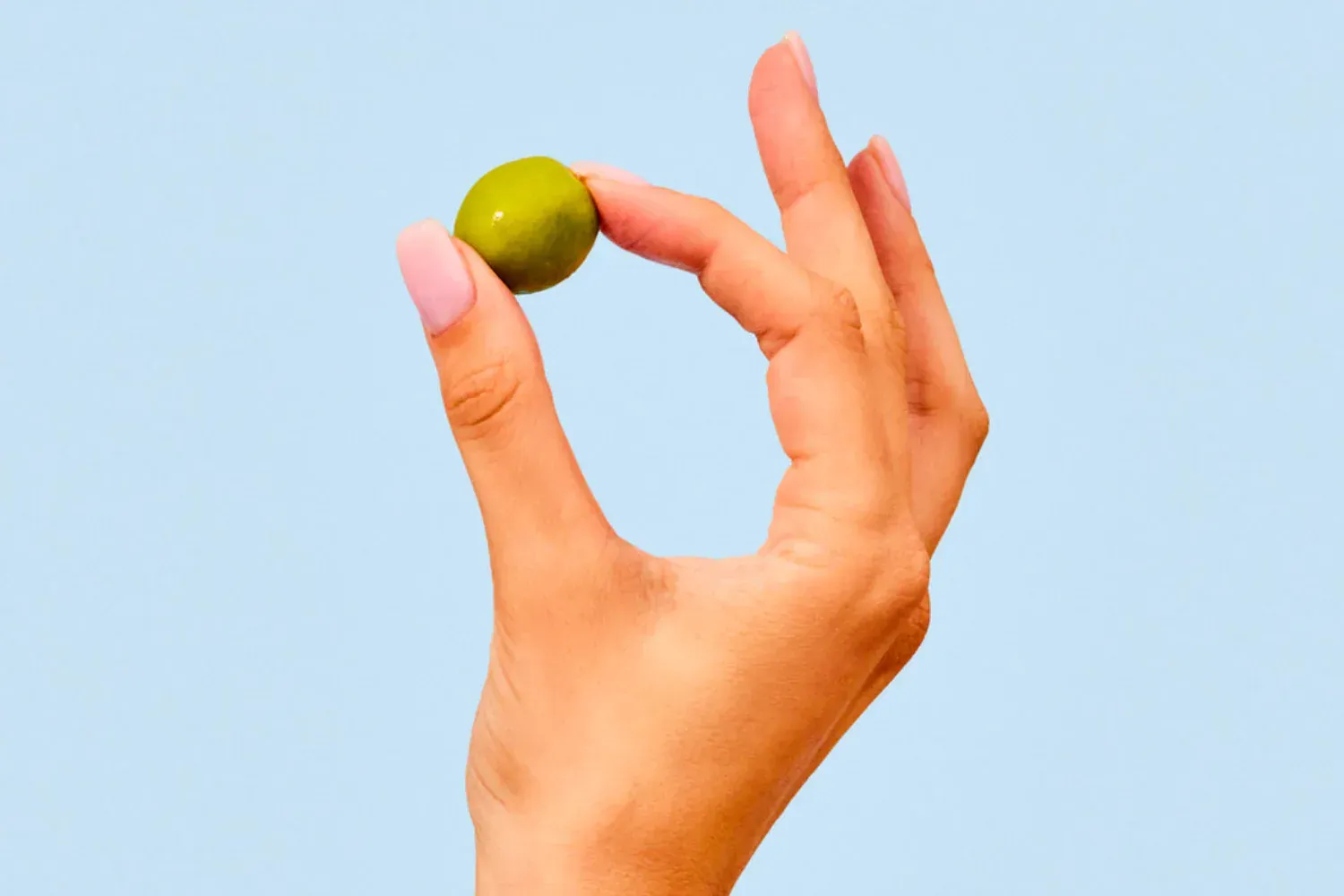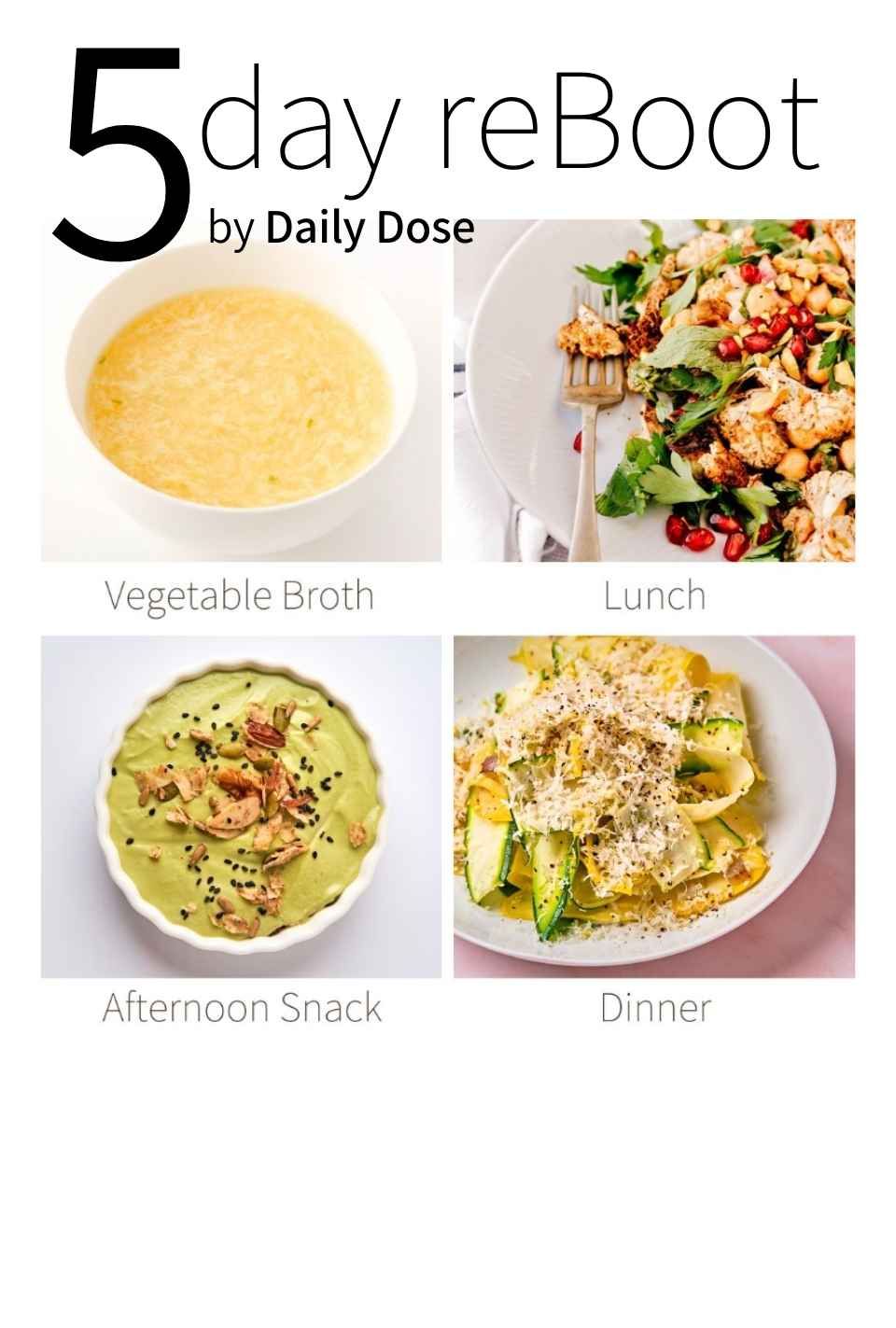Your Source for Longevity, Wellness, and Performance—Backed by Experts
The Daily Blog
Welcome to the Daily Dose Blog, where science, wellness, and longevity come together. Explore expert insights, cutting-edge research, and actionable strategies for a healthier, longer life—covering everything from nutrition and performance to holistic well-being.

March 5, 2025
Discover the secret to longevity with extra virgin olive oil! A recent Harvard study confirms that swapping out other fats for EVOO can reduce the risk of chronic disease and promote a longer, healthier life. Packed with powerful polyphenols, EVOO supports heart health, lowers inflammation, and enhances overall well-being.

By Tricia Williams
•
February 16, 2025
Harvard-trained nutritional psychiatrist and bestselling author Dr. Uma Naidoo explores the powerful link between nutrition and mental well-being in this exclusive Daily Dose interview. She shares how whole, nutrient-rich foods support brain function, reduce stress, and enhance mood while discussing the science behind her Mood + Food Meal Plan. From gut health to key brain-boosting ingredients, learn how her expert-designed meals can help you feel sharper, happier, and more balanced.

March 5, 2025
Discover the secret to longevity with extra virgin olive oil! A recent Harvard study confirms that swapping out other fats for EVOO can reduce the risk of chronic disease and promote a longer, healthier life. Packed with powerful polyphenols, EVOO supports heart health, lowers inflammation, and enhances overall well-being.

By Tricia Williams
•
February 16, 2025
Harvard-trained nutritional psychiatrist and bestselling author Dr. Uma Naidoo explores the powerful link between nutrition and mental well-being in this exclusive Daily Dose interview. She shares how whole, nutrient-rich foods support brain function, reduce stress, and enhance mood while discussing the science behind her Mood + Food Meal Plan. From gut health to key brain-boosting ingredients, learn how her expert-designed meals can help you feel sharper, happier, and more balanced.

By Tricia Williams
•
February 16, 2025
Your gut is the gateway to whole-body wellness, impacting digestion, immunity, and even mood. Discover how to balance your microbiome, reduce inflammation, and fuel your body with the right foods. Learn expert-backed gut health solutions, DIY fermented foods, and lifestyle hacks to transform your digestion naturally. Whether you’re struggling with bloating, low energy, or gut-brain imbalances, this guide breaks down the latest science and practical strategies. Start your journey to optimal gut health today!








